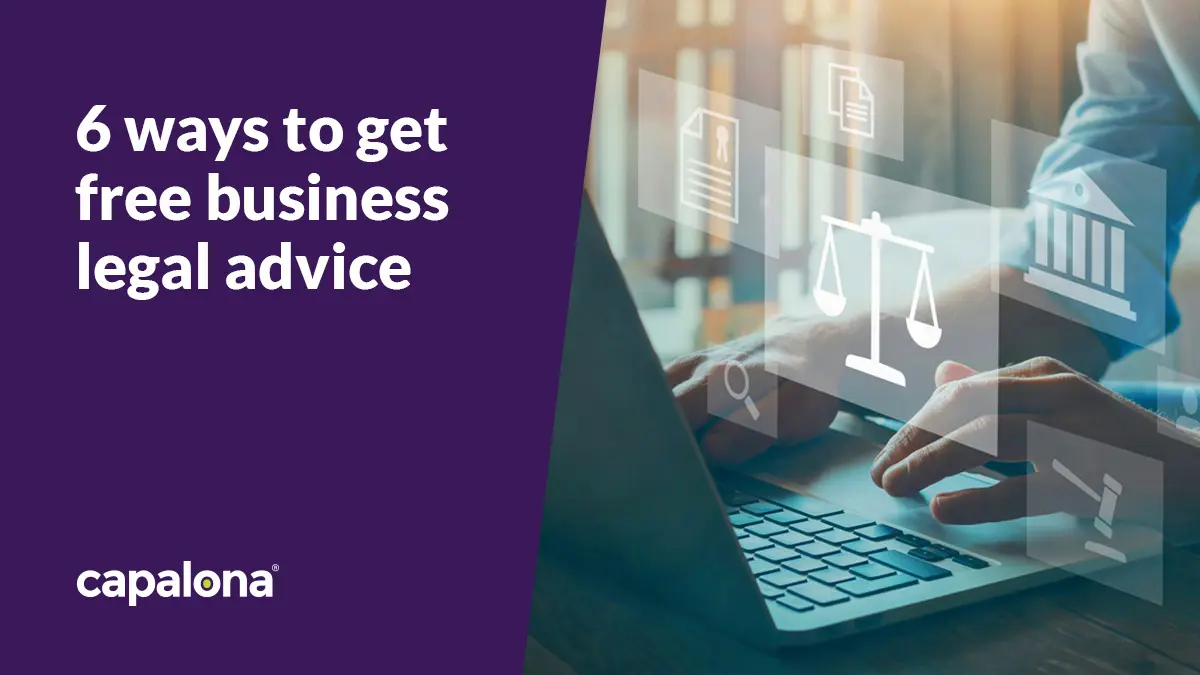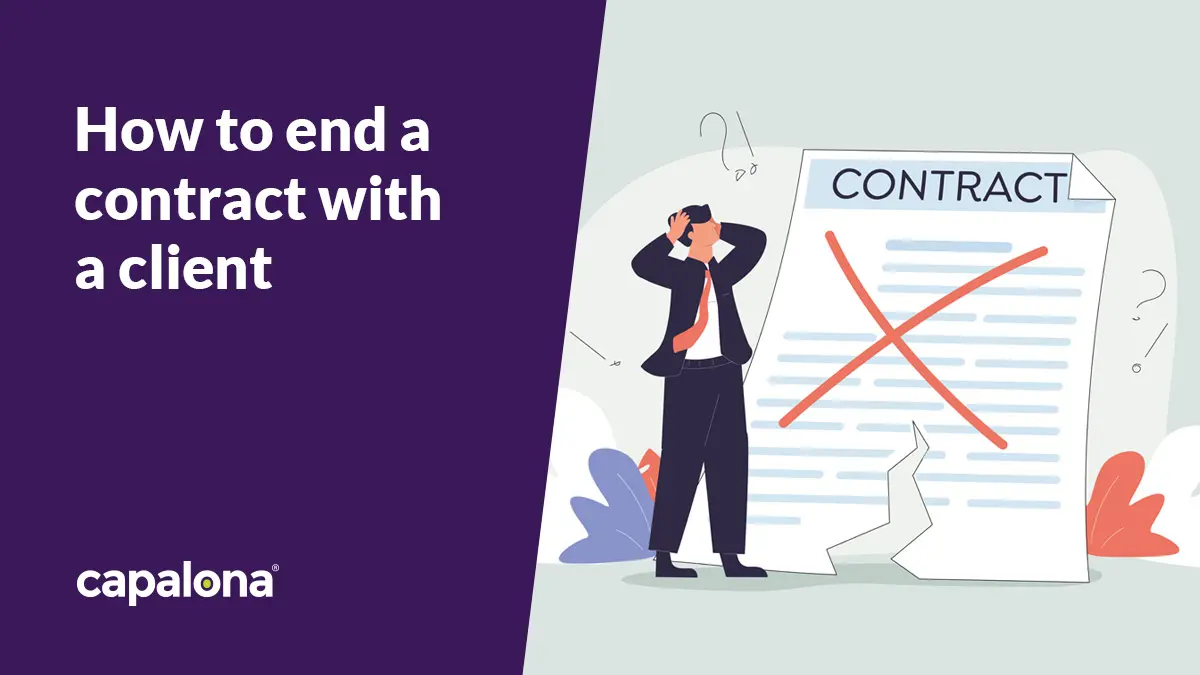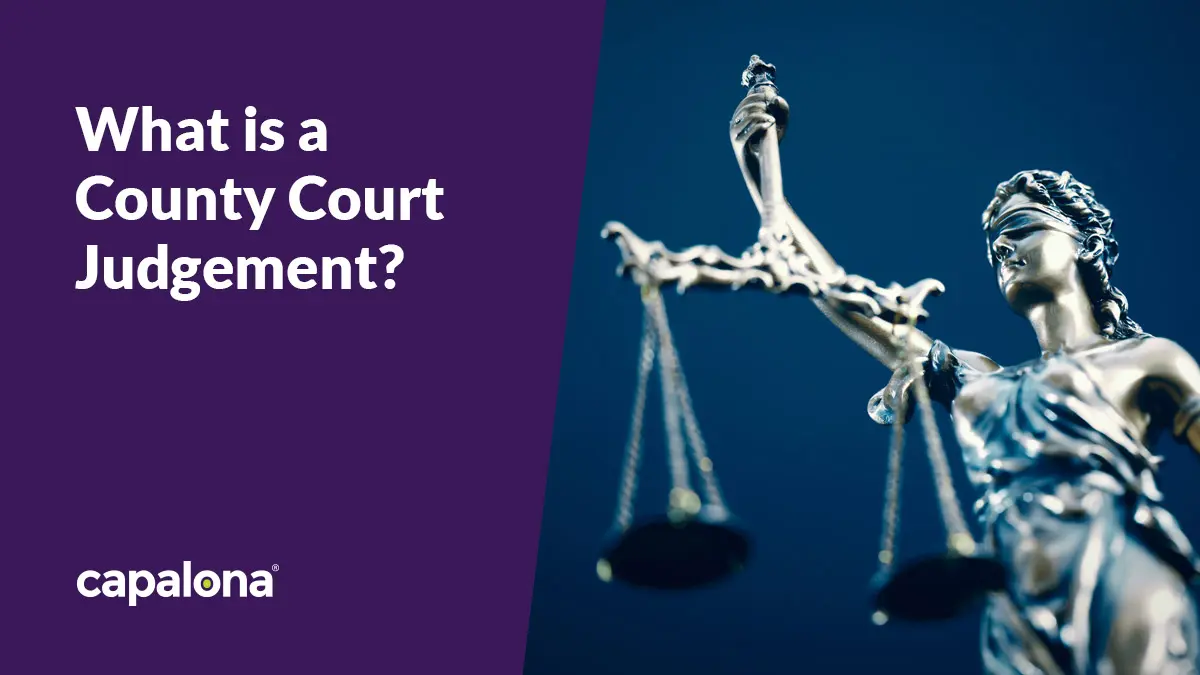Being a business owner means you have to consider every possibility and manage risk effectively, which extends to covering yourself legally. From employment law to tax compliance, if you don’t know your obligations, you can get into serious problems—think lawsuits, fines, and penalties.
Hopefully, you’ll never face these situations, but it’s good to protect your business just in case. So here, we’re exploring five areas you might want to consider approaching a legal expert; scroll to the bottom to learn how to access free business legal advice.
5 reasons you might use legal advice for your small business
In the early stages of running your business, you have to deal with a lot of competing priorities. But a priority you can’t dismiss is finding the right legal support for your business. If you don’t have the correct policies in place, or you don’t have the insurance to protect your business, you can find yourself facing extortionate legal fees or fines that can ultimately become the downfall of your business.
Employment law
If you employ staff (or are thinking of hiring), you must comply with certain employment laws and regulations, including the Employment Rights Act 1996, which covers aspects like contracts, redundancy, and minimum employee entitlements, such as minimum wage.
Employing staff means you need to create contracts, policies and much more. So, to ensure you’re not caught out by claims or fines, take the time to understand what you need to do.
Who to contact: An employment law solicitor is clued-up on every aspect of employment law, so if you have specific questions, you're best directing them towards someone in this field.
Find an employment law solicitor.
Data protection and privacy
Consumers are savvy about protecting their data, particularly since the introduction of GDPR in 2018. You need to ensure that all consumer data is well protected; otherwise, the fines (not to mention the damage to your reputation) can be pretty hefty.
The UK’s maximum fine for companies that fail to comply with UK GDPR regulations is £17.5 million or 4% of annual global turnover, whichever is highest.
Who to contact: If you're not sure how best to protect your data, speak with someone who with experience implementing robust security measures, like a data protection specialist. Use them to educate staff on GDPR best practices, too, so everyone is aware of how to protect data.
Find a data protection officer.
Business insurance
If your business isn’t correctly insured, you run the risk of substantial legal fees should your company make an error, give bad advice, a member of the public hurt themselves on your property, or you’re the victim of cybercrime.
If you employ staff, you are legally obliged to take out employer’s liability insurance. Additional insurance to protect customers, brand credibility, and legal defence costs give you peace of mind that you’re covered no matter what happens.
Who to contact: Business insurance providers or insurance comparison platforms can provide you with advice on which insurance best suits your business type, whether that's through their resource hubs or by speaking directly to an advisor.
Advice for choosing business insurance.

Intellectual property
Intellectual property is a valuable business asset that includes copyrights (books, computer software, digital photography), patents, and trademarks.
You'll want to make sure you protect your intellectual property (IP). Not only does this mean no one can copy your ideas, but IP can also be used as collateral to secure business loans.
Who to contact: a specialist intellectual property lawyer, either independent or part of a law firm, is best placed to help you register your trademarks, draft NDAs (non-disclosure agreements) and more.
Find an intellectual property lawyer.
Tax compliance
As a business, you're expected to comply with certain tax regulations, such as registering for VAT, accurately reporting on business income, filing annual tax returns, etc.
If you don't comply with relevant tax regulations for your business, you can receive fines and penalties from HMRC.
Who to contact: Consider hiring an accountant to ensure you remain tax-compliant each year. Aside from filing your tax returns, they can ensure you're as tax efficient as possible, saving you money where they can.
Contract law
If you’re entering into a contract with suppliers and other vendors, it’s a good idea to seek legal assistance with the entire process. This will ensure your contracts are legally enforceable and protect your company’s best interests.
Who to contact: A contract lawyer can help you draft business contracts, highlight any risks or liabilities in the contract, negotiate contract terms, and ultimately create a contract that reduces risk and ambiguity for all parties.
Free legal advice for business owners
The good news is that you don’t have to muddle through all this on your own; there are plenty of online resources available to help you seek the answers you need.
If you're not sure where to start, consider visiting Lawbrite. This online platform offers a free 15-minute consultation with their business lawyers. In this session, you can work out whether you’ll need additional business legal support or whether you just need some guidance.
If you're looking for more free legal business support, there are plenty of free legal resources. Here are 6 free legal resources to check out.
Hoping to grow your business this year? Applying for a business loan can help you achieve your business goals faster. Get your free quote today and see which loans you’re eligible for.







